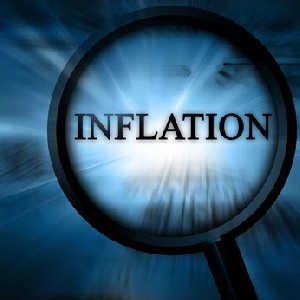Ghana’s inflation slowed for the 14th consecutive month in August as stability in the exchange rate helped ease the cost of imports.
Inflation slowed to 9.4 percent from 9.5 percent the month before, Ebo Duncan, a statistician with the Ghana Statistical Service, told reporters in the capital, Accra, today. Prices fell 0.7 percent in the month, he said.
“The currency is serving as a major buffer for non-food inflation,” Sampson Akligoh, an analyst at Accra-based Databank Financial Services, said in an e-mailed comment yesterday. “Ghana’s import basket is extensive.”
The inflation rate has fallen from a five-year high of 20.7 percent in June last year after Ghana’s cedi halted its decline against the dollar. The cedi, which fell 15 percent against the U.S. currency in the first half of 2009, appreciated by 1.8 percent in the past 12 months. The decline in the rate has enabled the central bank to cut its key interest rate by 4.5 percentage points to 13.5 percent this year.
“The outlook for inflation is very stable for the rest of the year, and the central bank will be comfortable at maintaining the policy rate at the current level or reduce it,” Akligoh said.
The Bank of Ghana’s Monetary Policy Committee will end a week of meetings with an announcement Sept. 24 on whether it will change the rate.
Business News of Wednesday, 15 September 2010
Source: Bloomberg

















